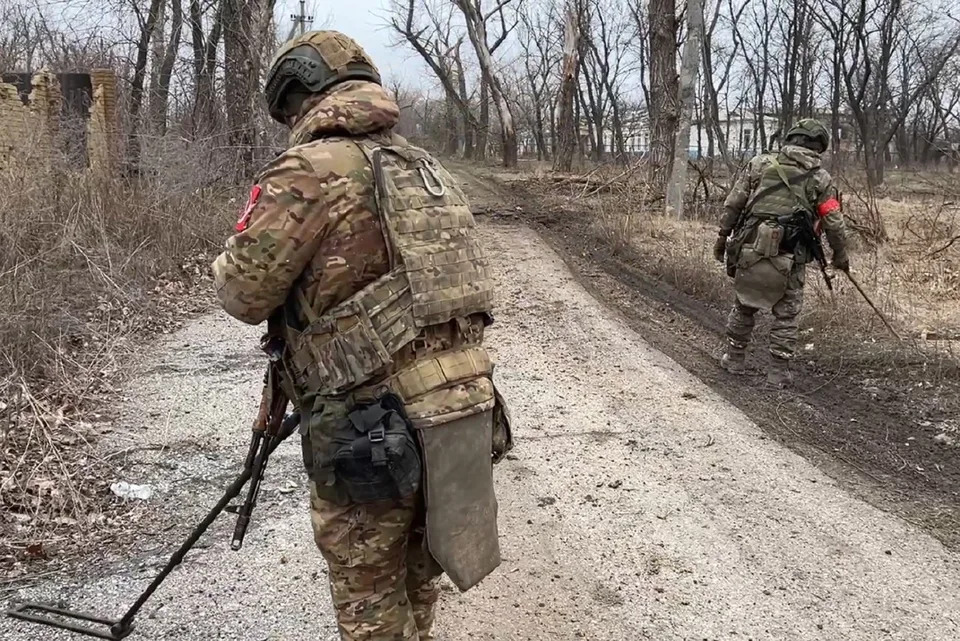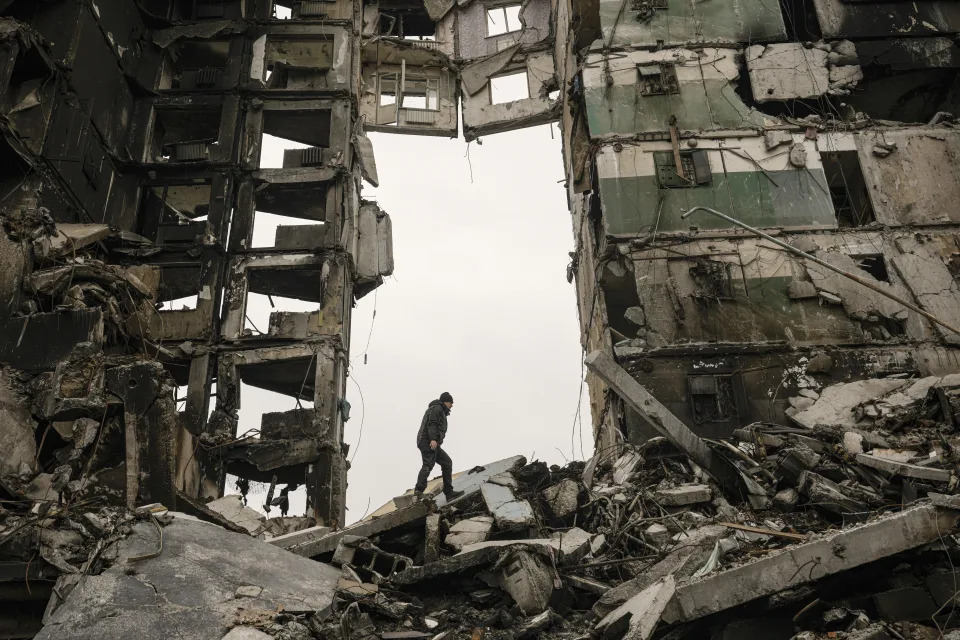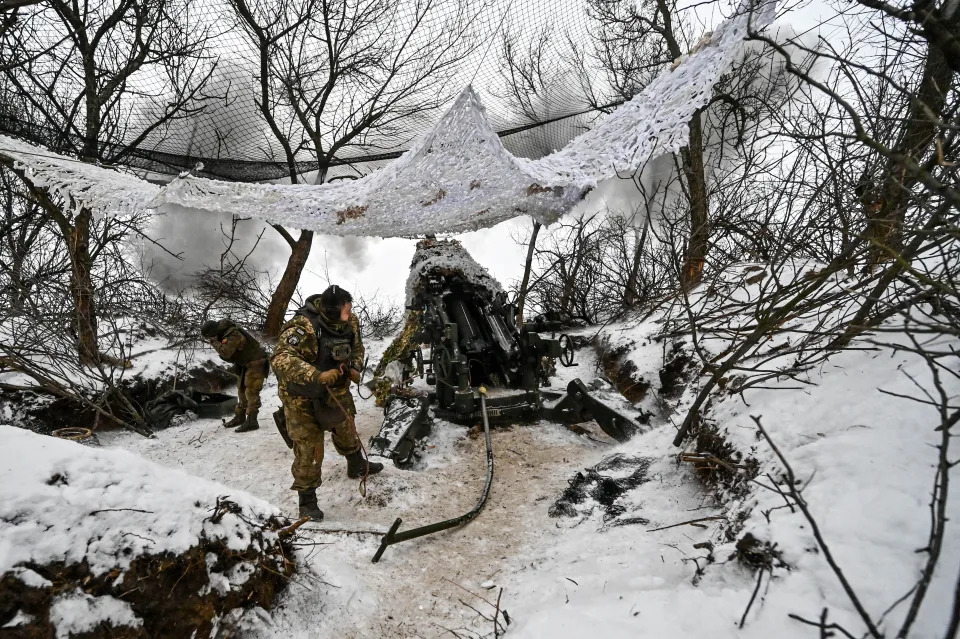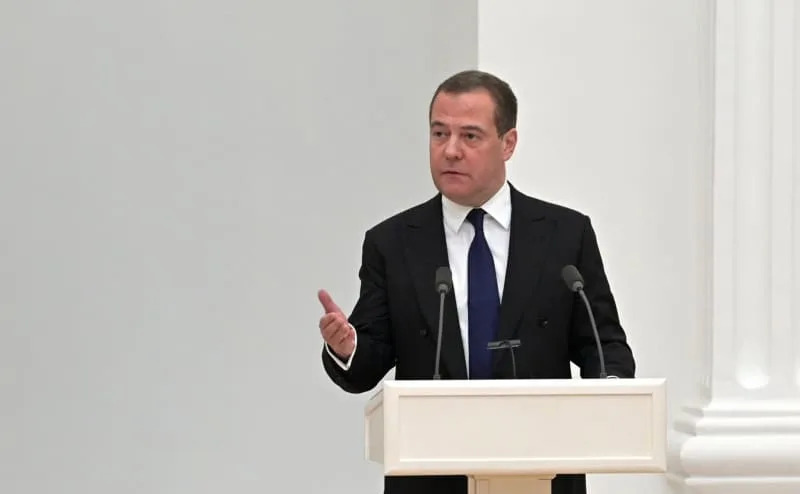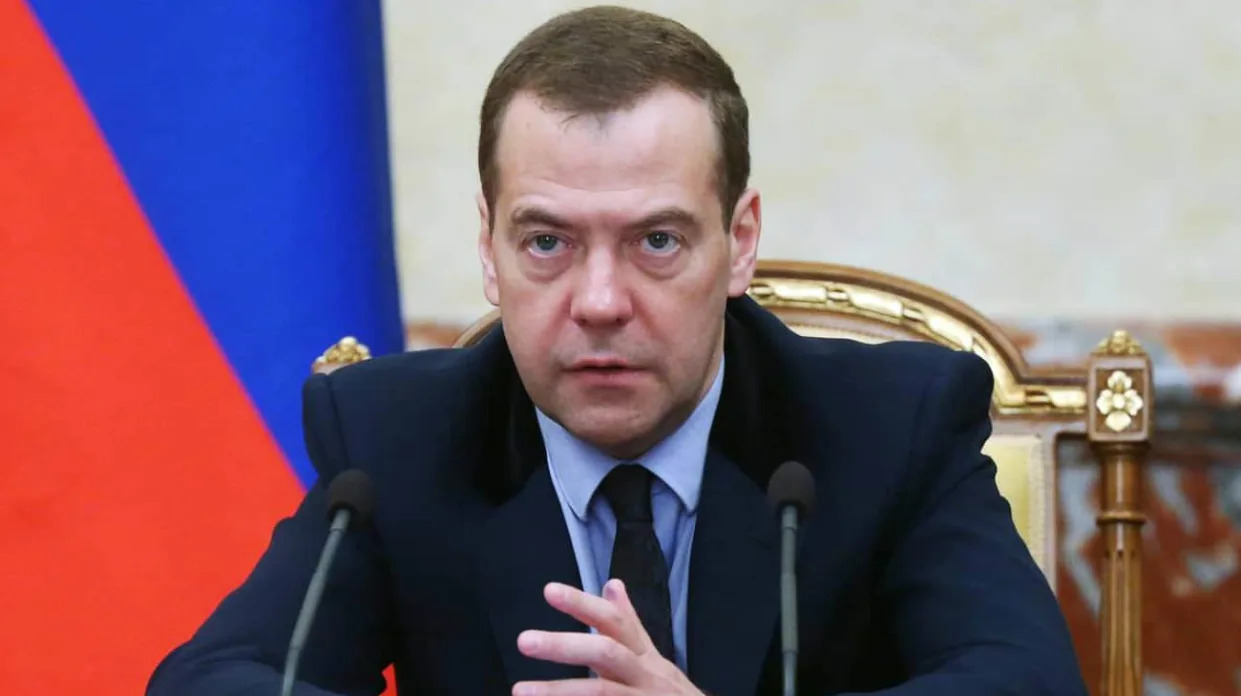CNN
Indicted ex-FBI informant told investigators he got Hunter Biden dirt from Russian intelligence officials
Hannah Rabinowitz and Cheri Mossburg – February 20, 2024
The former FBI informant charged with lying about the Bidens’ dealings in Ukraine told investigators after his arrest that Russian intelligence officials were involved in passing information to him about Hunter Biden, prosecutors said Tuesday in a new court filing, noting that the information was false.
Prosecutors also said Alexander Smirnov has been “actively peddling new lies that could impact US elections” after meeting with Russian spies late last year and that the fallout from his previous false bribery accusations about the Bidens “continue[s] to be felt to this day.”
Smirnov claims to have “extensive and extremely recent” contacts with foreign intelligence officials, prosecutors said in the filing. They said he previously told the FBI that he has longstanding and extensive contacts with Russian spies, including individuals he said were high-level intelligence officers or command Russian assassins abroad.
Prosecutors with special counsel David Weiss’ team said Tuesday that Smirnov has maintained those ties and noted that, in a post-arrest interview last week, “Smirnov admitted that officials associated with Russian intelligence were involved in passing a story about Businessperson 1,” referring to President Joe Biden’s son, Hunter Biden.
The revelations about Smirnov’s alleged foreign contacts were disclosed as part of prosecutors’ arguments to keep him jailed ahead of trial – though a federal judge later granted Smirnov’s release with several conditions, including GPS monitoring and the surrender of his two passports. Smirnov declined to answer questions as he left the courthouse Tuesday evening.
Prosecutors alleged that Smirnov “claims to have contacts with multiple foreign intelligence agencies,” including in Russia, and that he could use those contacts to flee the United States.
The explosive revelation comes amid backlash over how Smirnov’s now-debunked allegations played into House Republicans’ impeachment inquiry into the president.
Smirnov has been charged with lying to the FBI and creating false records. He has not yet entered a formal plea, and his lawyers told CNN in a statement, “Mr. Smirnov is presumed innocent.”
According to the new court filing, Smirnov told investigators he was in contact with “four different Russian officials,” all of whom are “top officials” and two of whom “are the heads of the entities they represent.” Prosecutors did not independently verify in the filing whether Smirnov’s reported contacts are legitimate, nor whether the Russians provided him with disinformation about the Bidens.
The false information that Smirnov reported “was not trivial,” prosecutors wrote.
“It targeted the presumptive nominee of one of the two major political parties in the United States. The effects of Smirnov’s false statements and fabricated information continue to be felt to this day,” prosecutors said, making an apparent reference to the turmoil in Congress over the discredited bribery allegations – which were a key element of the GOP impeachment probe.
Of particular note is a story Smirnov allegedly told the FBI in September 2023, alleging that Hunter Biden was recorded making phone calls in a Kyiv hotel that is “wired” and “under the control of the Russians.” Federal agents said they knew Smirnov’s story was false because Hunter Biden has “never travelled to Ukraine.”
Smirnov told investigators Russian intelligence officers would use the hotel to intercept cell phone calls made by “prominent US persons,” prosecutors said, which the Russian government could use as “‘kompromat’ in the 2024 election, depending on who the candidates will be.” Kompromat is a Russian term that refers to compromising information used for blackmail.
The story, prosecutors noted, matches the story Smirnov told his handler about Hunter Biden being recorded in a foreign hotel.
“Thus, Smirnov’s efforts to spread misinformation about a candidate of one of the two major parties in the United States continues,” prosecutors wrote.
And, prosecutors wrote, Smirnov claims to have met with Russian intelligence officials as recently as November and December 2023.
“What this shows is that the misinformation he is spreading is not confined to 2020,” they wrote. “He is actively peddling new lies that could impact U.S. elections after meeting with Russian intelligence officials in November. In light of that fact there is a serious risk he will flee in order to avoid accountability for his actions.”
Weiss’ team argued in court Tuesday that Smirnov could use his foreign contacts, including those in Russia, to flee the country and resettle abroad out of reach from the US government. The judge pushed back on the prosecutors’ assertion, and sternly warned Smirnov while granting his release: “Do not make a mockery of me.”
This story has been updated with additional details.
CNN’s Holmes Lybrand and Cheri Mossburg contributed to this report.




